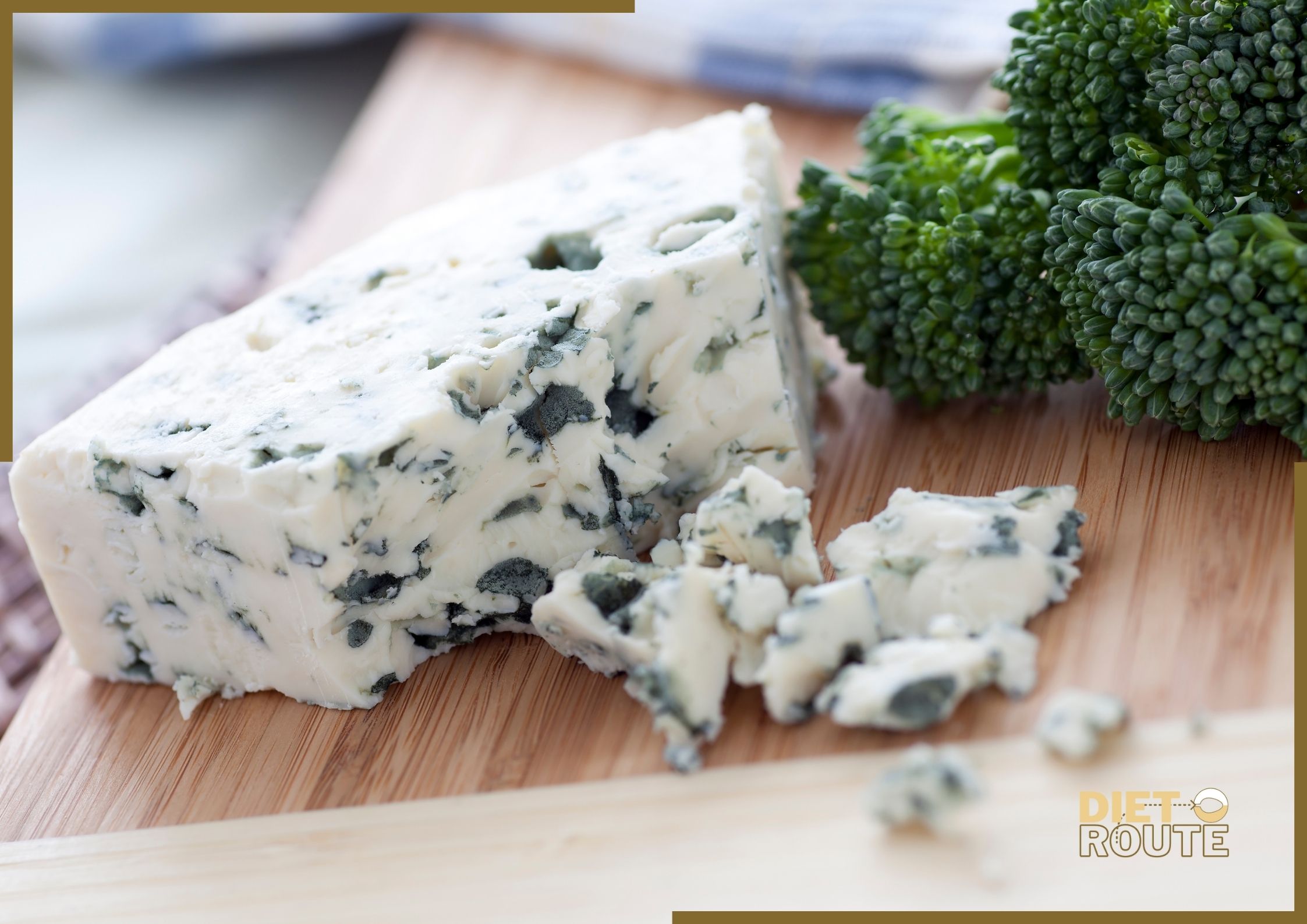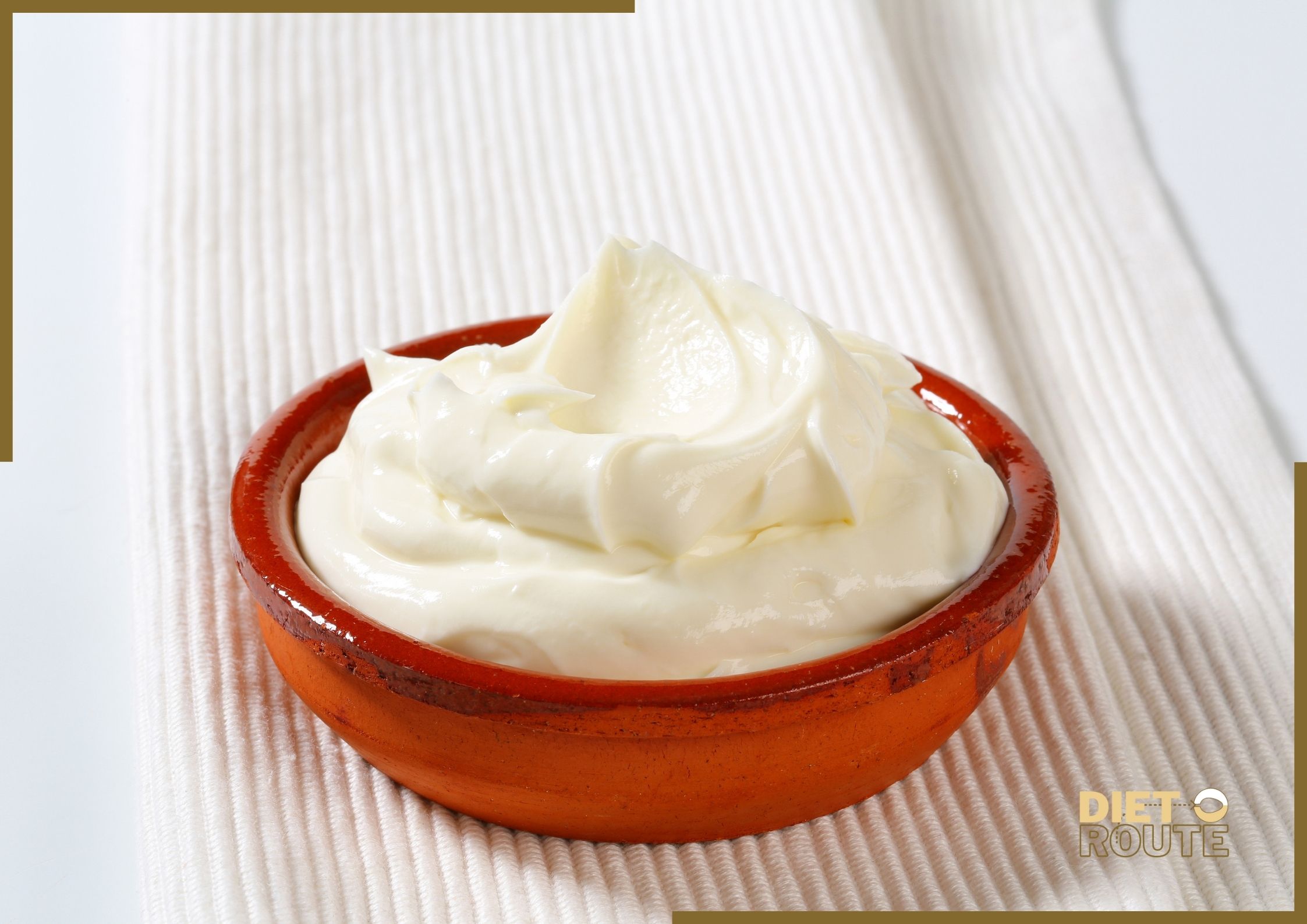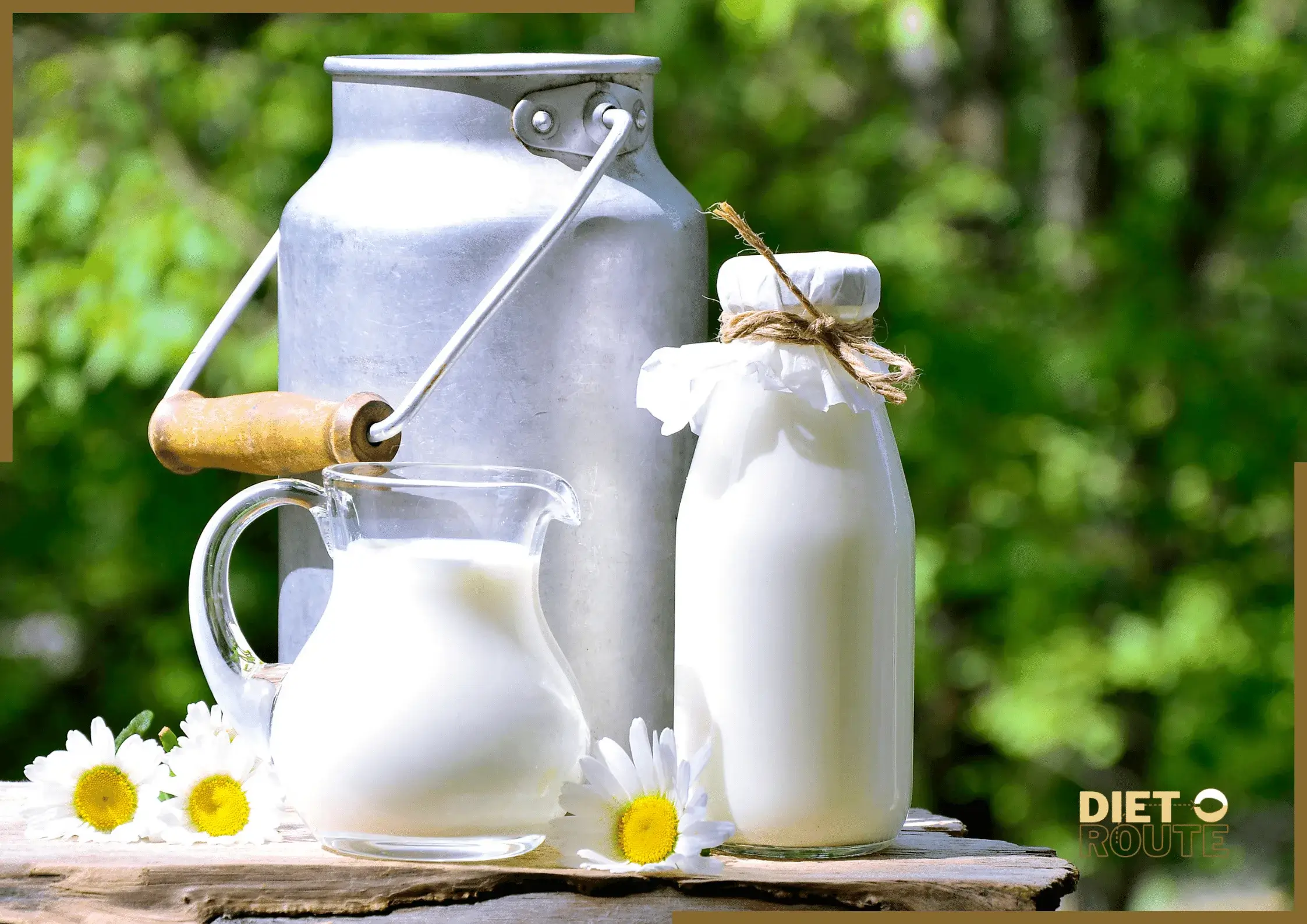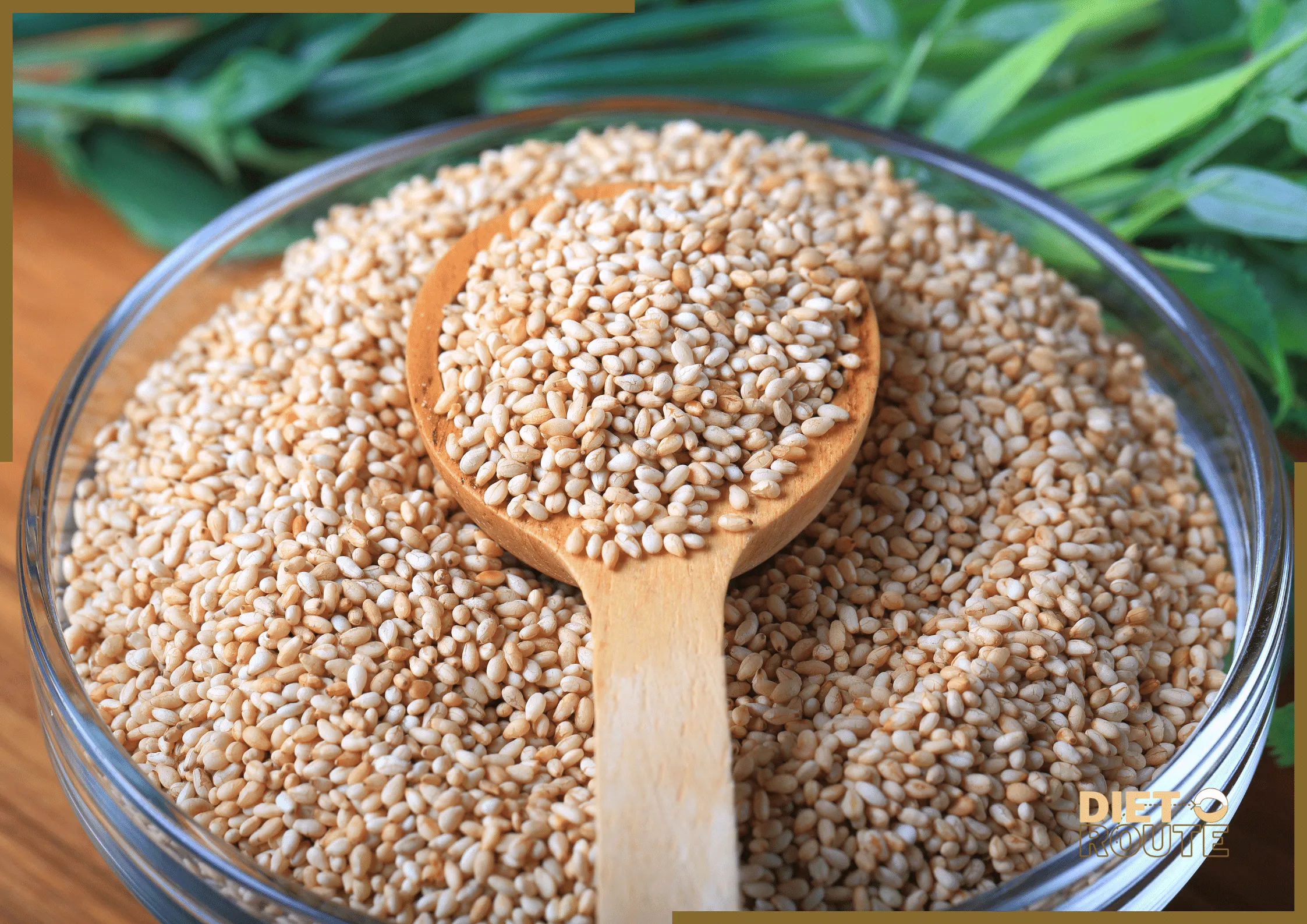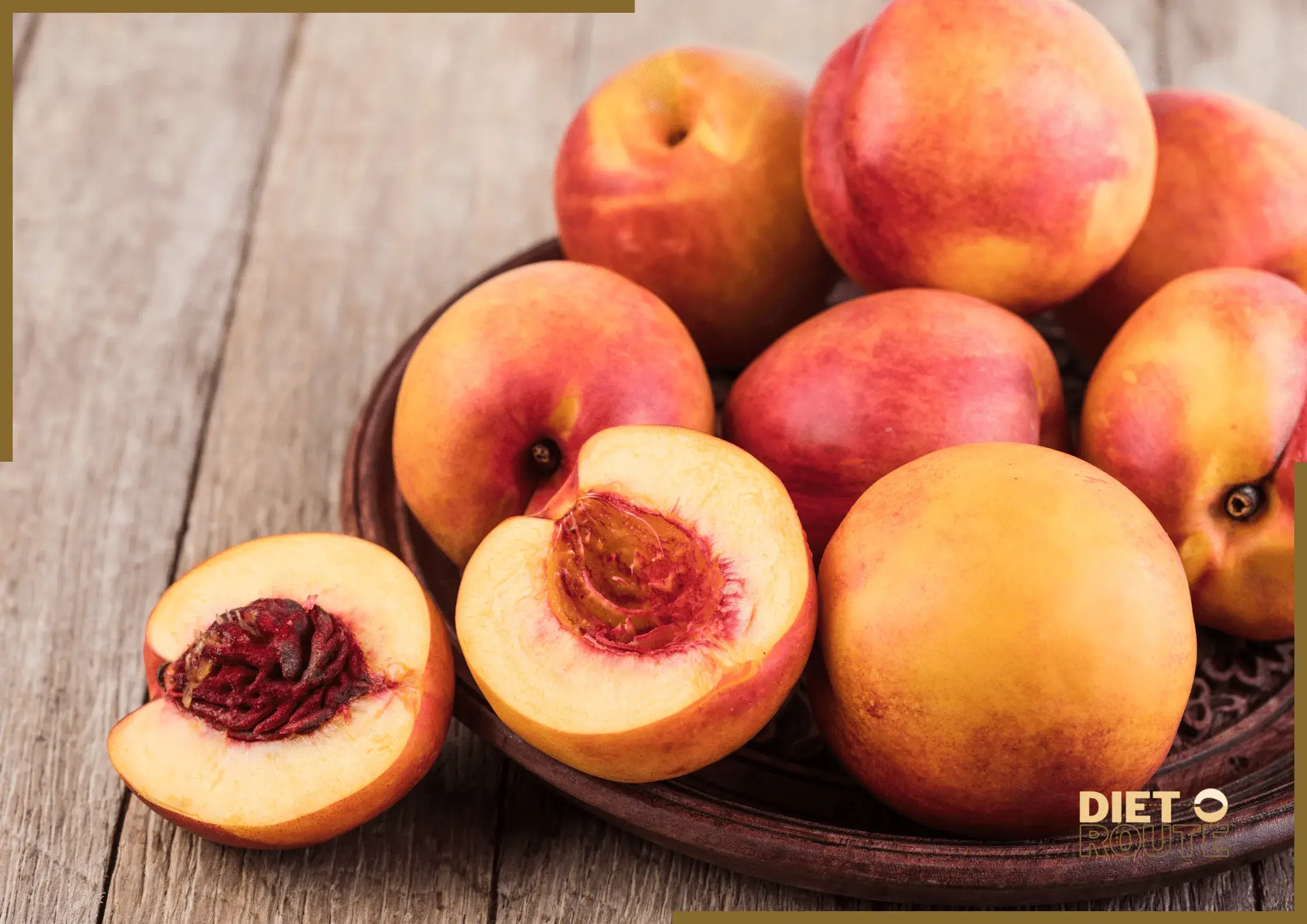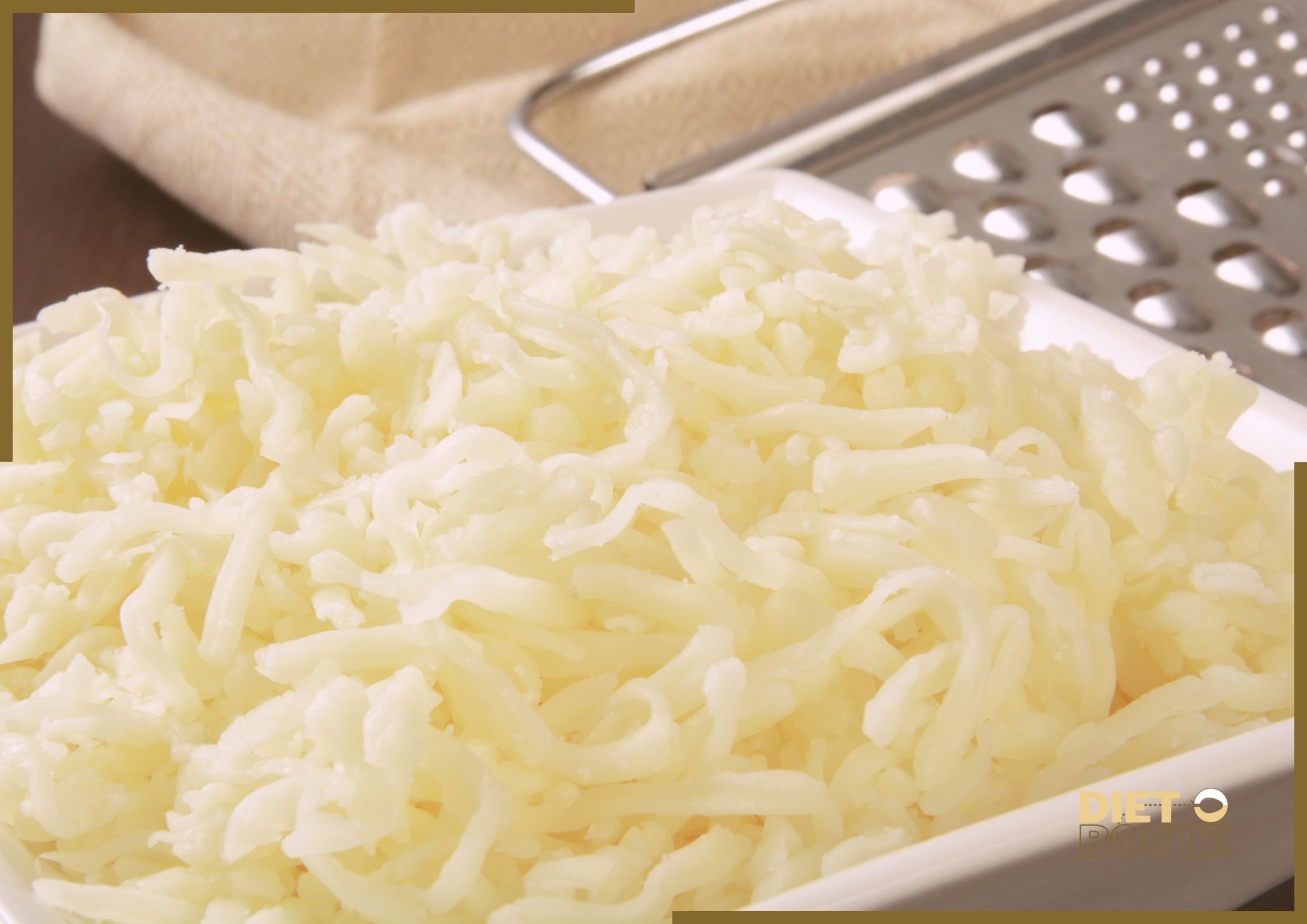Table of Contents
Introduction
Blue cheese has a unique taste and is known for the blue veins running through it. It is used in many different types of food and has a rich past. It has nutritional content in addition to its unique taste. The nutritional content of blue cheese will be covered in this article, along with its benefits and drawbacks, as well as its role in a well-rounded diet.
Nutritional Value Approximately 100g
The values provided are approximate can vary depending on the size and quality.
| Nutrient | Amount | Percentage Daily Value |
| Calories | 353 kcal | 17% |
| Total Fat | 28 g | 43% |
| Saturated Fat | 17 g | 85% |
| Cholesterol | 77 mg | 26% |
| Sodium | 1397 mg | 58% |
| Carbohydrates | 2 g | 1% |
| Sugars | 0 g | – |
| Protein | 21 g | 42% |
| Calcium | 528 mg | 53% |
| Vitamin A | 952 IU | 19% |
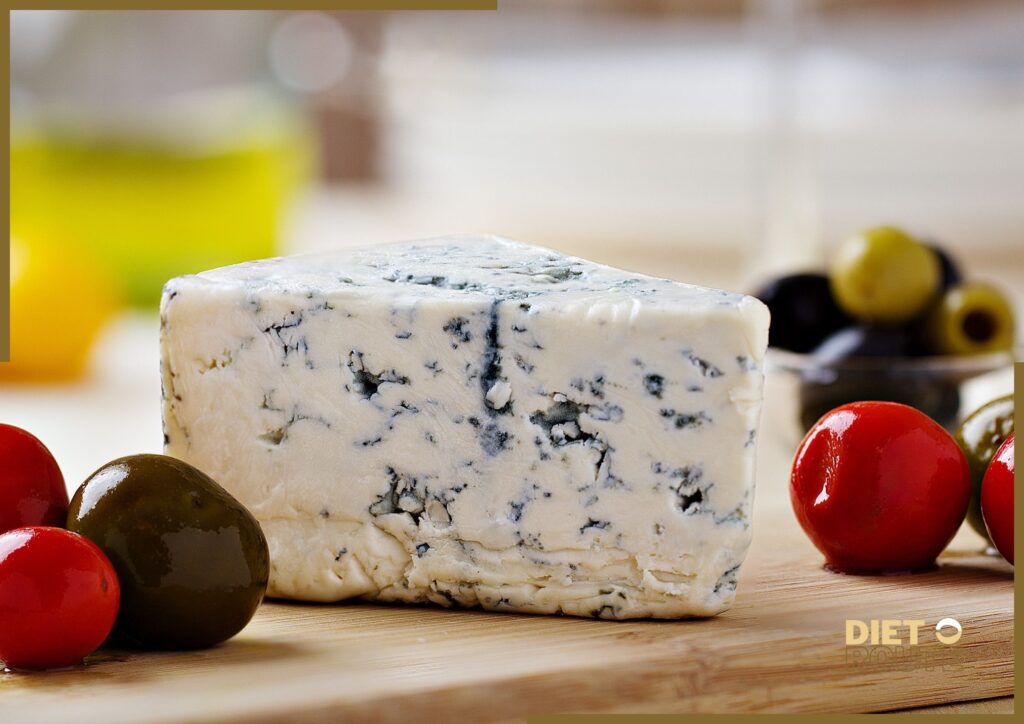
Pros
1. Calcium-Rich:
Calcium is essential for maintaining strong bones and teeth, and blue cheese is a good source of it.
2. Protein:
It has a lot of protein, which is important for many bodily processes, like muscle repair and immune support.
3. Special Flavor:
The distinctive flavor of blue cheese adds depth and richness to dishes, making it a favorite among cheese lovers.
4. Vitamins and minerals:
It has vitamins like vitamin A and minerals like calcium, which add to the general nutritional intake.
Cons
1. High Sodium Content:
Individuals on a low-sodium diet or those with high blood pressure may be concerned about the relatively high sodium content of blue cheese. The key is moderation.
2. Fat and Saturated Fat:
Compared to some other types of cheese, It is higher in fat and saturated fat. It is important to consume it in moderation, especially for individuals with specific dietary requirements or health concerns.
3. Lactose intolerance:
It is made from cow’s milk and may have lactose in it. People who have lactose intolerance should be careful and think about other choices.
In a Nut Shell
Blue cheese has a unique flavor and nutritional value. It has a lot of calcium, protein, and other essential nutrients. Due to its high sodium content and fat content, it is important to consume in moderation. It can be a part of a healthy diet by taking into account each person’s dietary needs and health issues. Carefully add it to your meals, enjoying its unique taste while making sure your diet is nutritionally balanced.
Frequently Asked Questions (FAQs)
1. Can pregnant women consume blue cheese?
Due to the risk of germs, pregnant women shouldn’t eat it made from milk that hasn’t been pasteurized. To be safe, it’s best to choose blue cheese that has been processed.
2. Are individuals with lactose intolerance suitable for blue cheese?
It has a lower lactose content than other types of cheese, making it easier for individuals with lactose intolerance to tolerate. But each person’s tolerance may be different, so it’s important to watch how your body reacts.
3. Does mold grow on blue cheese?
It is made by adding mold strains, like Penicillium roqueforti, on purpose. This is what gives blue veins to the cheese. Consume the mold without risk.
4. Can you cook with blue cheese?
It is a versatile cheese that can be used in many different recipes, like salads, pasta dishes, and dressings. It gives dishes a unique flavor and a creamy texture.
5. Can you freeze blue cheese?
It can be frozen, but the texture may change if it does. Before using it, it is advisable to wrap it tightly and let it thaw in the refrigerator.
6. Are individuals with gluten intolerance safe when eating blue cheese?
Most of them doesn’t have gluten. But some kinds that are sweetened or have extra ingredients may have gluten. If you have gluten intolerance, it is important to read labels or opt for approved gluten-free foods.
7. Blue cheese does it need to be refrigerated?
To keep its freshness and stop the growth of germs, It should be refrigerated. Put it in a container that won’t let air in or tightly wrap it in plastic wrap.
8. Can allergies be caused by blue cheese?
In individuals with milk protein allergies, which is made from cow’s milk, may cause allergies. If you know you have allergies, it’s important to be careful or find suitable alternatives.
9. Can blue cheese be a part of a diet that helps you lose weight?
Due to its calorie and fat content, It can be part of a diet to lose weight, but it’s important to watch your portion sizes. It is advisable to select low-fat options or to use it in moderation as a flavor enhancer.
10. How long does blue cheese stay good for?
If stored properly in the refrigerator, It can last for a few weeks. But its flavor may get stronger over time.
